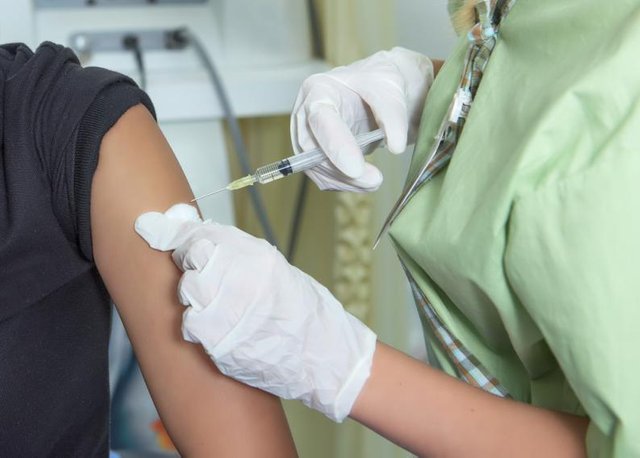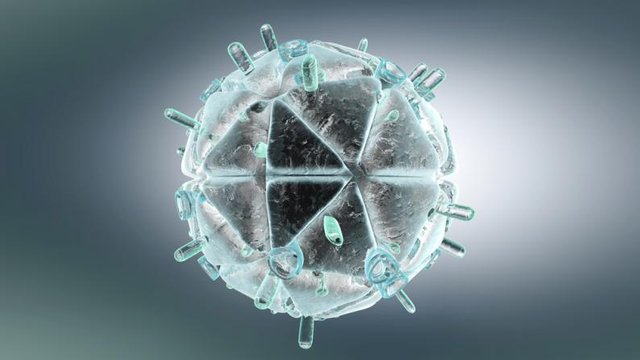The first tests of the HIV vaccine in patients would seem to be working and this proves it

HIV hardly needs introduction. The human immunodeficiency virus is one of the most recognized viruses worldwide.
It was discovered in 1981 in a laboratory in the United States, although several years earlier cases had already been reported and were later attributed to it. But currently there is no vaccine that is able to prevent or cure an infection by this virus.
Since it appeared, HIV has spread to all countries in the world, becoming a global epidemic. But all this may be starting to change with the new HIV vaccine that is currently in experimental testing. According to specialists, it would seem to have eliminated the virus from the system of five people infected with HIV.
No more viruses, no more medicines

HIV infection is one of the most difficult to combat because the virus inserts part of its genome into the human genome and uses the machinery of the host to replicate itself. Thus, it passes itself off as the genes of the infected person, deceiving the entire immune system and in turn attacking it generating vulnerability to possible infections with other types of viral or bacterial agents.
For this reason, people who have HIV should take medicines known as antiretrovirals every day. These compounds prevent the replication of the virus and reduce the damage it causes in the immune system. Although they are effective, retrovirals are also forever, are expensive and have side effects.
For this reason, a scientific research team in Barcelona began with an experimental test in humans for an HIV vaccine developed by Tomas Hanke and his colleagues at the University of Oxford.
A vaccine that raises hopes

Three years ago, about 24 people diagnosed with HIV received the vaccine along with the classic antiretrovirals and were monitored to record the immune response. This year, 15 of these people received a new dose of the vaccine and then stopped taking the antiretrovirals.
Of these, 10 people had the virus again, but 5 participants did not need more of the antiretrovirals because their immune system proved capable of suppressing the virus. The team of specialists, hopeful for the results, decided to closely monitor people to determine how long they can be free of antiretrovirals without the virus re-emerging.
As emphasized by this team of specialists, this is the first treatment that managed to stop the replication of the virus and for this reason this vaccine is more than promising. However, there is still a long way to go to achieve a treatment that will cure people diagnosed with HIV, although this could be the beginning.